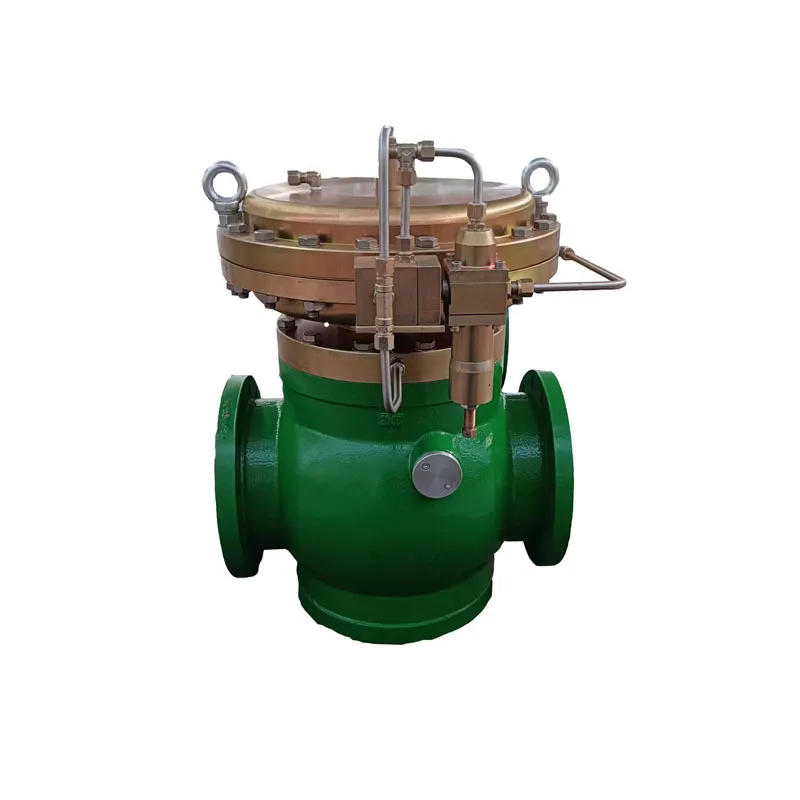
Nov . 25, 2024 23:23
Back to list
Efficient Heat Exchange Solutions for Natural Gas Applications and Systems
The Role of Natural Gas Heat Exchangers in Energy Efficiency
Natural gas heat exchangers play a crucial role in enhancing energy efficiency across various industries and residential applications. As global energy demands increase, the need for effective and sustainable heating solutions becomes more pressing. Heat exchangers are pivotal in transferring heat between two or more fluids, and when designed for natural gas applications, they contribute significantly to reducing energy consumption and lowering emissions.
Understanding Heat Exchangers
At the core, a heat exchanger is a device that facilitates the transfer of heat between two or more fluids. These fluids can be in direct contact or separated by a solid wall to prevent mixing. The primary goal is to maximize heat transfer while minimizing energy loss. In the context of natural gas, heat exchangers are often used in boilers, water heaters, and even in industrial processes where efficient heating is paramount.
There are several types of heat exchangers, including shell-and-tube, plate, finned-tube, and air-cooled designs. Each type has its advantages and applications. For instance, shell-and-tube heat exchangers are commonly employed in large-scale industrial settings due to their capacity to handle high pressures and temperatures. In contrast, plate heat exchangers are more compact and suitable for residential applications.
Applications in Natural Gas Systems
Natural gas heat exchangers are predominantly used in heating systems, including residential furnaces and commercial boilers. They enable efficient heating by recovering waste heat from combustion processes and transferring it to incoming cold water or air. This process significantly improves the overall energy efficiency of the system, as it minimizes the amount of natural gas required to achieve the desired heating output.
In power plants, natural gas heat exchangers are essential for cogeneration systems. These plants produce both electricity and useful heat, optimizing fuel use and significantly reducing carbon emissions. By integrating heat exchangers, power plants can achieve higher energy conversion rates and enhance overall performance.
natural gas heat exchanger

Advantages of Natural Gas Heat Exchangers
The primary advantage of natural gas heat exchangers lies in their ability to improve energy efficiency. By capturing and reusing waste heat, these systems significantly reduce the amount of fuel needed for heating, which directly translates to lower energy costs and reduced greenhouse gas emissions. As countries aim to meet increasingly stringent environmental regulations, the implementation of efficient heat exchangers becomes critically important.
Moreover, heat exchangers extend the lifespan of heating systems. By maintaining optimal operating temperatures and preventing overheating, they reduce wear and tear on components, leading to less frequent maintenance and lower replacement costs. This reliability is particularly vital in industrial applications where downtime can be costly.
Challenges and Considerations
While natural gas heat exchangers offer numerous benefits, challenges exist in their design and implementation. Engineers must consider factors such as fluid flow rates, temperature differentials, and potential fouling, all of which can impact performance. Additionally, materials must be carefully selected to withstand corrosive environments, especially in industrial applications where the quality of natural gas can vary.
Moreover, the initial costs associated with installing advanced heat exchangers can be a deterrent for some businesses. However, the long-term savings on energy bills and maintenance costs often outweigh these initial expenditures, making them a worthwhile investment.
Conclusion
In conclusion, natural gas heat exchangers are vital components of modern heating systems, contributing to greater energy efficiency and sustainability. Their ability to recycle waste heat not only saves money but also plays a significant role in reducing environmental impact. As technology continues to advance, we can expect further innovations in heat exchanger designs, making them even more efficient and capable of meeting the growing energy demands of the future. Emphasizing the importance of these systems is essential for industries and households alike, as we work together toward a more energy-efficient and environmentally friendly world.
Latest news
-
Safety Valve Spring-Loaded Design Overpressure ProtectionNewsJul.25,2025
-
Precision Voltage Regulator AC5 Accuracy Grade PerformanceNewsJul.25,2025
-
Natural Gas Pressure Regulating Skid Industrial Pipeline ApplicationsNewsJul.25,2025
-
Natural Gas Filter Stainless Steel Mesh Element DesignNewsJul.25,2025
-
Gas Pressure Regulator Valve Direct-Acting Spring-Loaded DesignNewsJul.25,2025
-
Decompression Equipment Multi-Stage Heat Exchange System DesignNewsJul.25,2025

